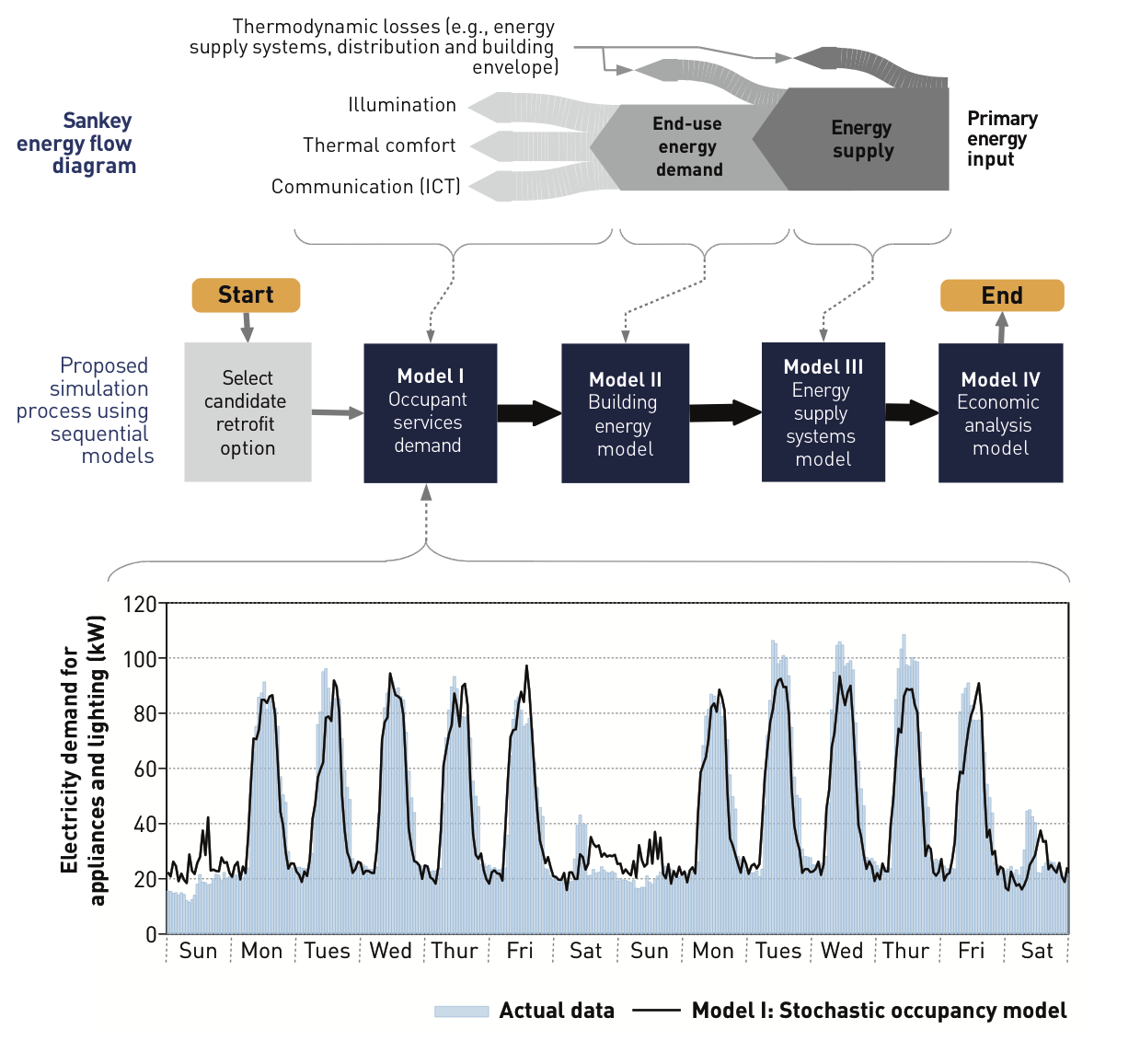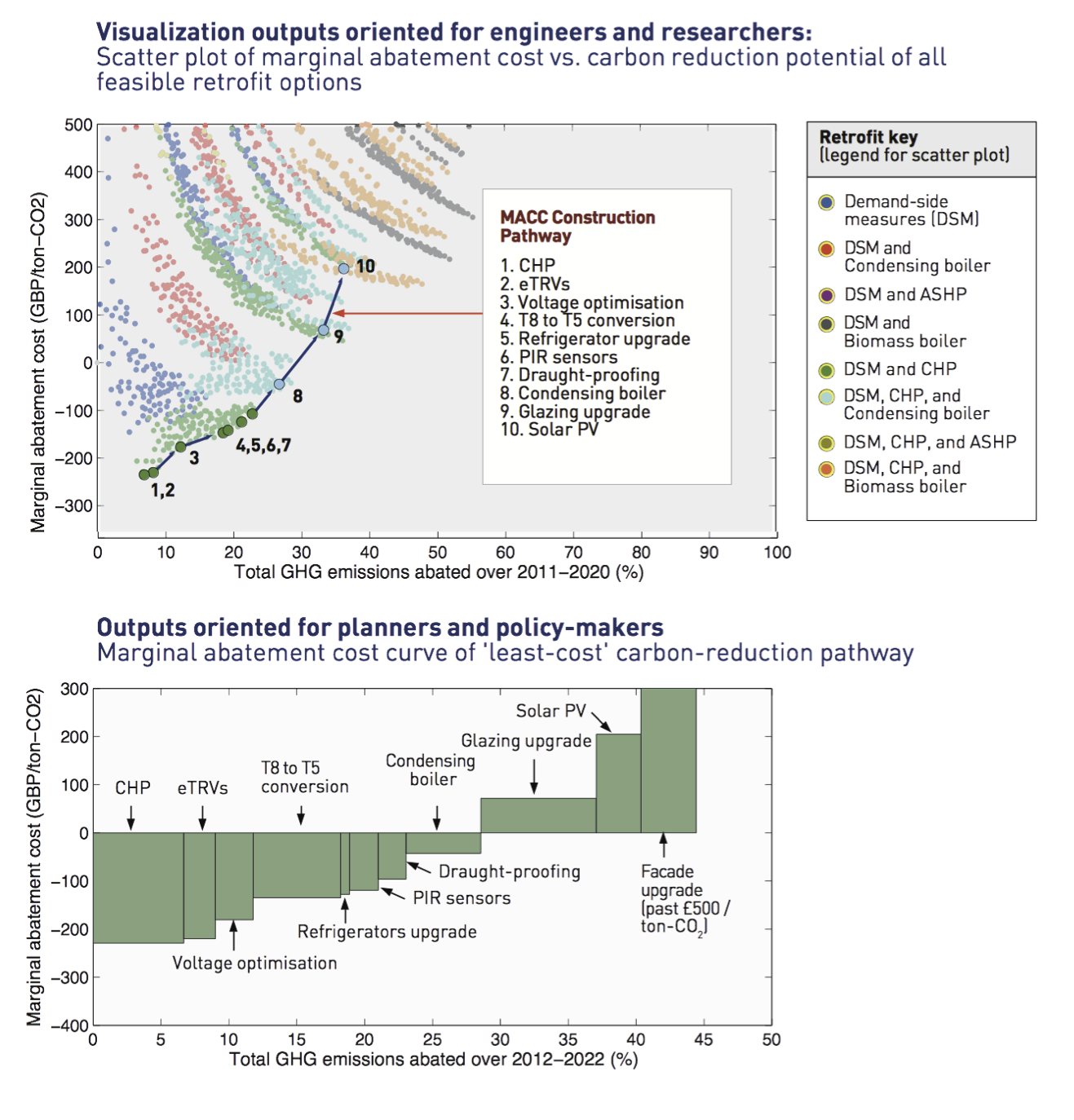Data-driven decision-making represents a wide class of explicit and implicit methodologies for addressing decision problems using, primarily, inference of empirical evidence and real data. The promise of data-driven decision-making approaches is that, provided sufficient exogenous data exists to characterize the nature of an engineering design problem, the amount of human user effort to solve the problem may be greatly reduced.
This is the theory, at least.
In 2018, ETA Lab began a collaboration with the UBC SALA elementsLab on a research project funded by the Pacific Institute for Climate Solutions (PICS) and that addresses energy efficiency in the built environment.
ETA Lab is currently examining ‘Bayesian’ approaches to handling statistical data of building stocks and how to use this data to infer information regarding individual buildings. Prior applications of Bayesian processes in the building performance simulation domain include Bayesian calibration, inference of building characteristics at the building stock scale, and . The new research will develop a new approach to rapidly predicting the energy consumption and greenhouse gas emission of existing buildings as well as predicting the least-cost pathway to mitigating the attributable greenhouse gas emissions of individual buildings.
ETA Lab’s work is based on the prior development of the Decoupled Building Retrofit Assessor (DeBERA), a simulation framework used to estimate the cost and environmental impact of building retrofit options under varying future economic scenarios.
Decoupled Building Energy Retrofit Assessor (DeBERA)

